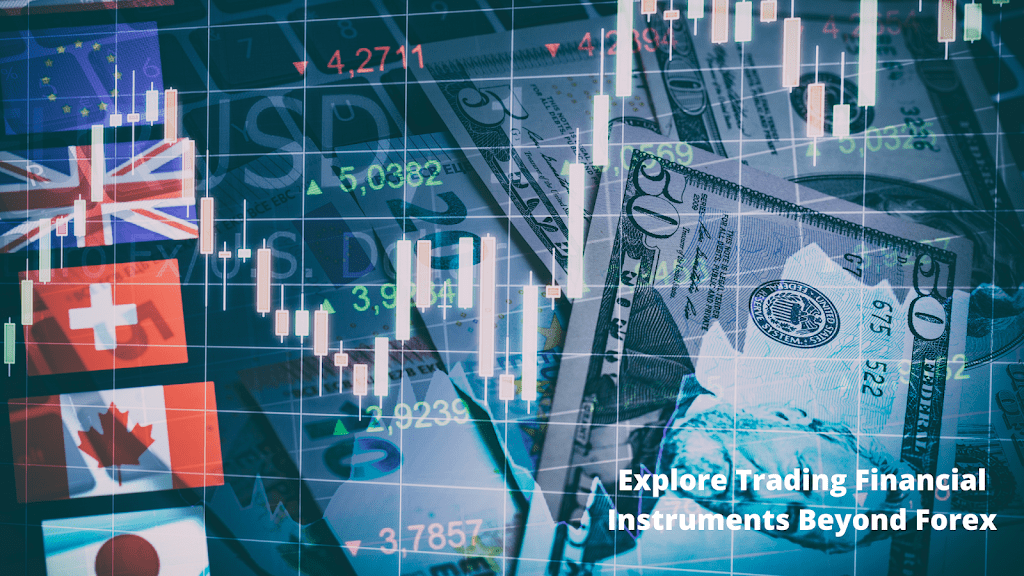Trading Forex is risky, with an exceedingly small number of traders who try their hands with this financial market succeeding. While losses are inevitable, most individuals who lose trading forex usually lack knowledge, discipline, risk management skills, or implement a poorly developed trading strategy. However, the ability to potentially amplify trading profits using leverage has attracted both novice and experienced traders to Forex.
Explore Trading Financial Instruments
However, other trading instruments potentially less complicated than Forex could help simplify the trading experience, leading to better long-term success. For example, trading equity indices could offer various trading opportunities while lowing risks through their inherent diversified structure.
Equity indices track a group of stocks that could vary based on the intended objective of the underlying developer of the index. Here are examples of well-known market indices actively traded in the financial markets:
· The UK Financial Times Stock Exchange 100 (FTSE 100 (^FTSE)): The FTSE 100, also known as the “Footsie,” is an index managed by the FTSE Group. The index has been around since 1984 and consists of stocks of one hundred most reputable companies in the UK, including HSBC, Burberry, Tesco, Barclays, Vodafone, and many more.
· Dow Jones Industrial Average (The Dow(^DJI)): The Dow Jones consists of stocks of the thirty largest companies in the US. Companies part of the index includes Apple, Boeing, MacDonald’s, Microsoft, Coca-Cola, Visa, etc.
· The Standard and Poor’s 500 (S&P 500 (^GSPC)): The standard and poor, also known as the S&P, tracks the stocks of the five hundred largest companies by market cap traded in the US. The companies included are Alphabet, Facebook, Amazon, and many more.
· German Stock Index DAX 30 (DAX Performance-Index (^GDAXI)): The DAX comprises the thirty largest companies traded on the Frankfurt Stock Exchange in Germany. Some companies included in DAX are Lufthansa, Covestro, Wirecard, Deutsche bank, and more.
· Nasdaq 100 Index (NASDAQ Composite (^IXIC)): The Nasdaq 100 has 102 equity securities issued by one hundred non-financial companies found on the NASDAQ Stock Exchange. The Nasdaq 100 consists of tech companies, including Apple, Intel, Facebook, Alphabet, etc.
So why trade equity indices? As previously discussed, equity indices represent a group of stocks that allows traders to diversify risk, which could reduce the magnitude of drawdown exposure present with trading individual stocks or currencies. Generally speaking, history suggests that equity indices tend to trend higher, but it is essential to recognize that downturns can and will happen. Although it equity indices help diversify risk, it does not eliminate the systematic risk that will always lurk in the shadows of financial markets. Therefore, it is always important to practice good risk management.

